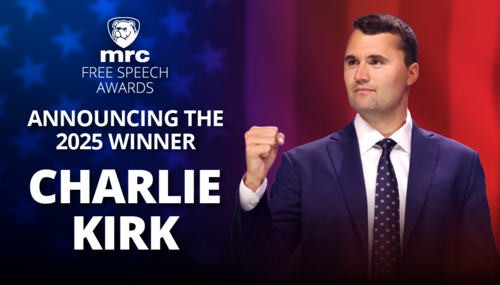"State Republicans seek more limits on voters" warned the front page Washington Post headline for Peter Wallsten's March 7 article.
"GOP says the push targets fraud; Democrats call it a power play," added the subheader. The online version of the article had a decidedly less-loaded headline, but Wallsten's article skewed towards the Democratic complaint (emphasis mine):
New Hampshire's new Republican state House speaker is pretty clear about what he thinks of college kids and how they vote. They're "foolish," Speaker William O'Brien said in a recent speech to a tea party group.
"Voting as a liberal. That's what kids do," he added, his comments taped by a state Democratic Party staffer and posted on YouTube. Students lack "life experience," and "they just vote their feelings."
New Hampshire House Republicans are pushing for new laws that would prohibit many college students from voting in the state - and effectively keep some from voting at all.
One bill would permit students to vote in their college towns only if they or their parents had previously established permanent residency there - requiring all others to vote in the states or other New Hampshire towns they come from. Another bill would end Election Day registration, which O'Brien said unleashes swarms of students on polling places, creating opportunities for fraud.
The measures in New Hampshire are among dozens of voting-related bills being pushed by newly empowered Republican state lawmakers across the country - prompting partisan clashes akin to those already roiling in some states over GOP moves to curb union power.
After quoting a North Carolina Republican about his support for voter ID requirements in his state, Wallsten noted Democrats' complaints of veiled racism and disenfranchisement of loyal Democratic voting blocs:
Democrats charge that the real goal, as with anti-union measures in Wisconsin, Ohio and elsewhere, is simply to deflate the power of core Democratic voting blocs - in this case young people and minorities. For all the allegations of voter fraud, Democrats and voting rights groups say, there is scant evidence to show that it is a problem.
[...]
An analysis by the North Carolina State Board of Elections showed that any new law requiring a state-issued ID could be problematic for large numbers of voters, particularly African Americans, whose turnout in 2008 helped Obama win the state.
Blacks account for about one-fifth of the North Carolina electorate but are a larger share - 27 percent - of the approximately 1 million voters who may lack a state-issued ID or whose names do not exactly match the Division of Motor Vehicles database. The analysis found about 556,000 voters with no record of an ID issued by the DMV.
Republican lawmakers in North Carolina had pledged to make a photo ID bill a top priority for their new majority, but they have yet to release a plan, with the caucus deliberating over how restrictive it should be. The issue could present a dilemma for Democratic Gov. Bev Perdue, who would have to choose between signing or vetoing a bill that would be popular with swing voters but that could dampen turnout of voters she needs to win reelection next year.
Wallsten also quoted the gripe of an executive with the non-profit group Rock the Vote, but failed to mention that RTV skews heavily liberal in its promotional efforts.
Only towards the very end of the article did Wallsten let a New Hampshire Republican explain the rationale for ditching last-minute voter registration at polling places on Election Day:
A spokeswoman for O'Brien said he had not endorsed specific legislation but had spoken out in favor generally of tightening state voting laws.
Same-day registration "coupled with a lax definition of residency creates an environment in which people may be claiming residency in multiple locations," O'Brien said in a written statement from his office. He added that changing the law "is not an idea targeting any particular political party or ideology."




